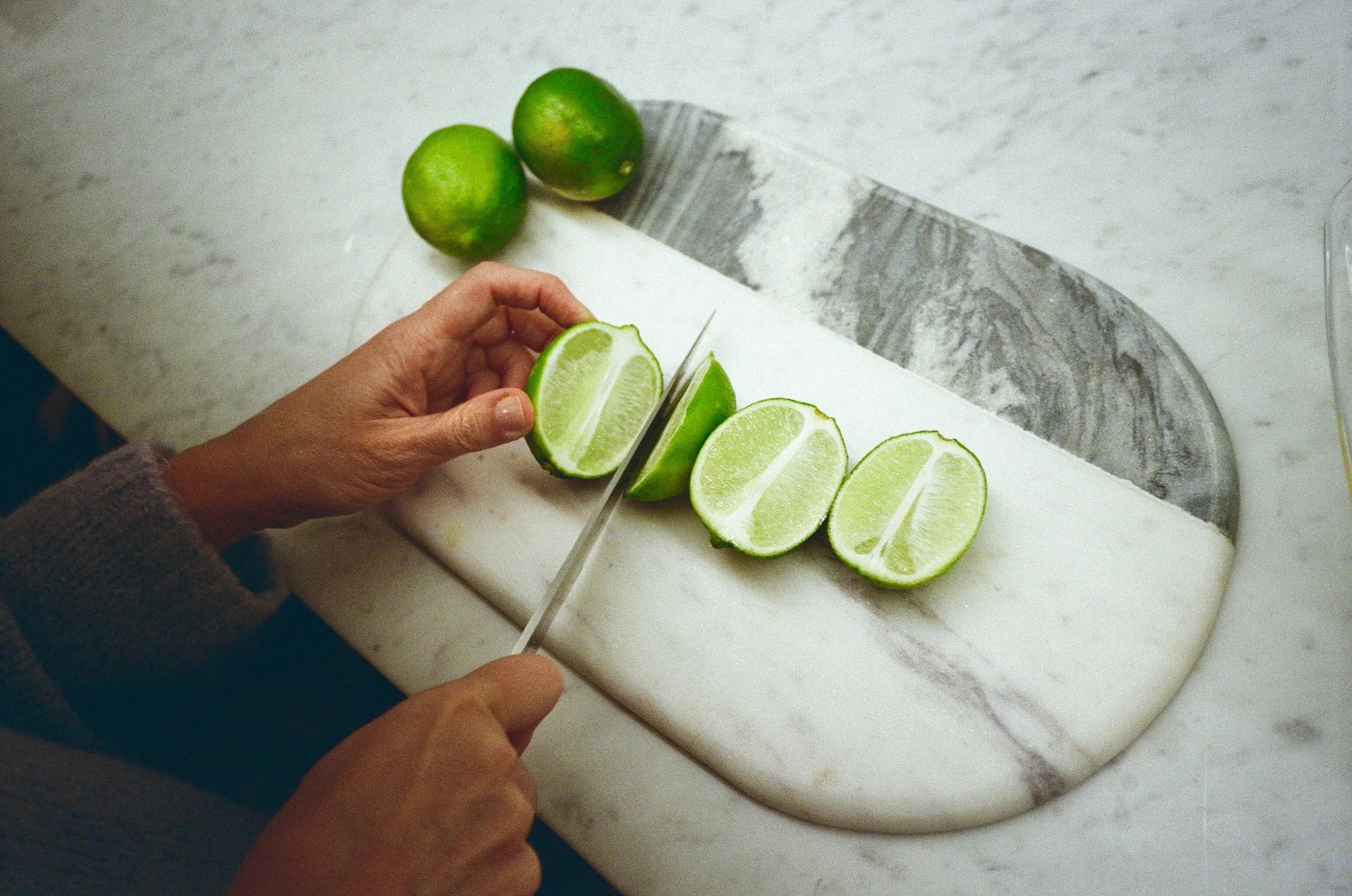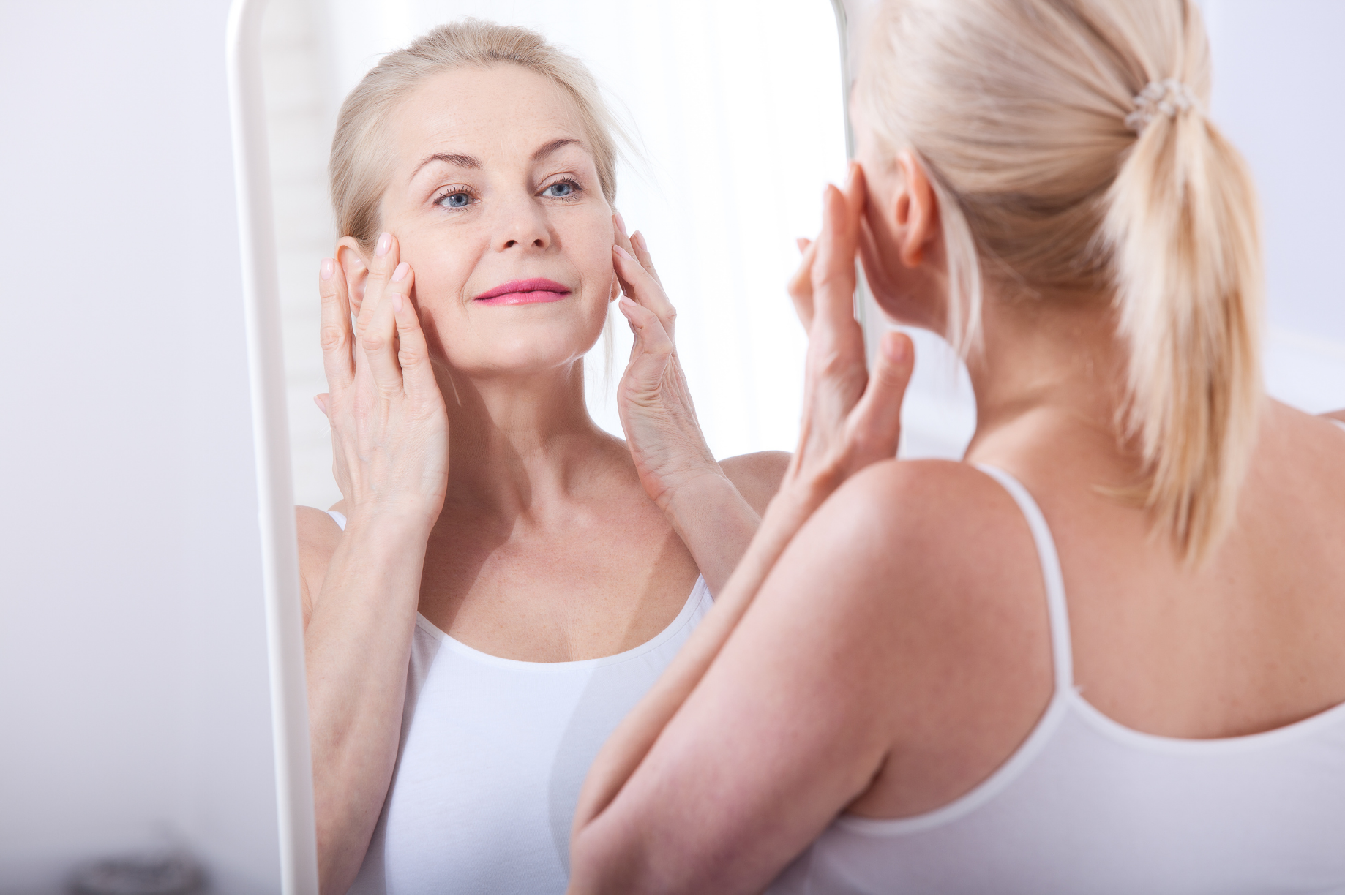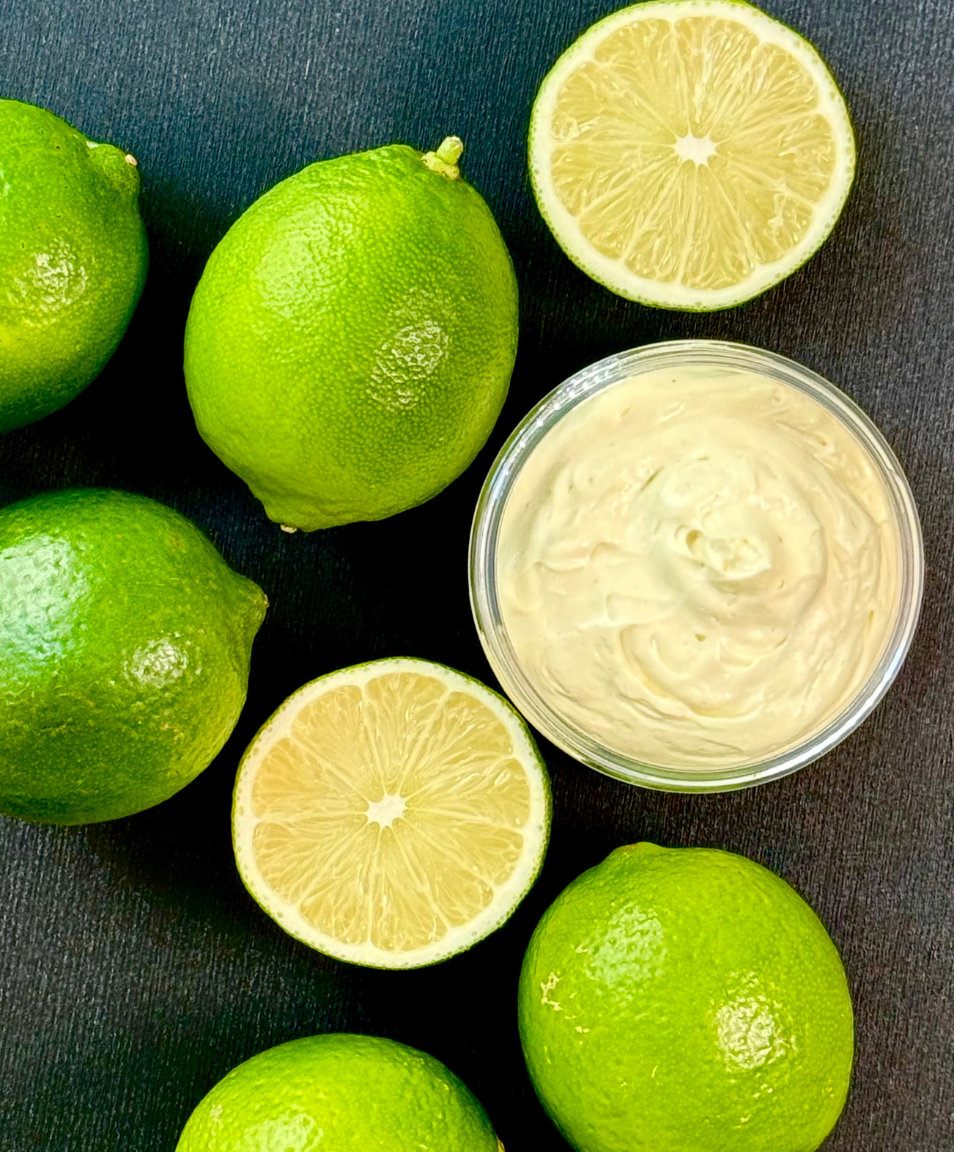Last Updated March 21, 2025
There’s nutrition, where you eat a diet rich in nutrients to fuel your body and its millions of essential tasks, and then there’s skin nutrition, which sees that healthy diet and raises it with a topical approach to support the biggest, most exposed organ you have. In fact, the secret to skin nutrition is threefold: diet, the right skincare and staying properly hydrated all day, every day. But in the interest of clarity, let’s break down why this matters in the first place. In this guide to understanding skin nutrition, we’re covering what it is, why it matters and how it’s done.
Skin Nutrition 101: Your Diet
You know the expression, you are what you eat? Guys, it’s true. And it’s reflected in your skin. We’ve covered the connection between the gut and the skin in depth, but the short version is simply that you should keep your gut microbiome flourishing if the goal is a glowing complexion. A happy gut helps regulate inflammation, supports the immune system and keeps your skin balanced. The good news is that many of the same foods recommended for overall nutrition—especially fruits, veggies, nuts and seeds— feed your skin, too, because they deliver good stuff like:
-
Vitamins A, C and E. Chow down on citrus fruits, bell peppers, leafy greens like spinach, sweet potatoes and your favorite nuts and seeds, and you’ll benefit from all of these vitamins. Respectively, they help promote cell turnover for more radiance, collagen production for firmness, and fend off oxidative stress.
-
Fatty acids. Omega-3 fatty acids, sourced from salmon, walnuts and flax, are critical for a strong lipid barrier. That keeps hydration locked in and contributes to a smoother appearance.
-
Amino acids. Your skin uses collagen and elastin for structure and elasticity, so up your protein intake! Eggs, beans and lean meat sources like poultry are all great options.
-
Minerals like zinc and selenium. Snacking on pumpkin and sunflower seeds, legumes like chickpeas, and eggs (a twofer!) means a steady stream of minerals that support the skin’s immune function and elasticity.
-
Antioxidants. Free radicals are pretty rampant, and you need antioxidants to scavenge these buggers to prevent premature aging issues. Blueberries, pretty much any cruciferous veggie and green tea are all good options.
-
Water. We’ll get into this in detail below, but for now, we’ll just say you can’t have great skin if you’re regularly dehydrated.
Skin Nutrition 101: Your Products
There are so many skincare products out there, and those marketing claims can be so darn convincing! Products that promise to tighten, hydrate, tone, even, brighten, glow, smooth—of course you want benefits like this. But the reality, unfortunately, is that overdoing it with a 15-step beauty routine filled with abrasive ingredients is the quickest way to destroy your skin’s microbiome, damage its delicate acid mantle, mess with its natural pH balance and generally wreak havoc on this oh-so-important barrier. Once you’ve compromised your skin’s natural systems in this way, it becomes vulnerable to external stressors like lifestyle choices, environmental factors and the very same products and techniques you’re using to make it look good (which, for some reason, seem to just be making things worse).
If this is really resonating for you right now, it’s time for a skin reset and a deeper understanding of what your skin really needs to not only function, but flourish. We say it all the time—balanced skin is happy skin. Nourishing your skin’s microbiome is best done with ingredients that keep the good bacteria happy, which is why fermented skincare products are so wildly effective. Case in point? Shimmer Chef’s curated collection of plasters and balms. Our living formulations are handcrafted from organic superfoods and a proprietary Vitamin C Infusion Technique of fermented goodness that results in seriously nutrient-dense products. All of the skin-friendly vitamins, minerals and antioxidants we listed above? They’re in our products, along with the prebiotics and probiotics that support the microbiome.
But it gets better. Forget the 12-step routine. We keep it ultra simple with a handful of multi-tasking products. Looking for something to balance, clarify, calm inflammation and stimulate cellular turnover? Meet our Apple Cider Mignonette Vitamin C Accelerator. Follow it up with any of our face and body balms (yes, they can be applied on both) to hydrate, nourish and protect. A gentle exfoliator? Try our Sweet Almond Rosehip Brine Face & Body Polish. A plaster to purify and repair? We have three! And bonus—all of our products are Made Safe certified by the Environmental Working Group, which means no worrisome ingredients that actually do more harm than good.
Here’s the big takeaway when it comes to skin nutrition and skincare products—the goal should be to use products that work with the microbiome and acid mantle instead of stripping it. If you think that tight, squeaky feeling is a sign of clean skin, you’re in for a world of surprise. Healthy, balanced skin really does feel as good as it looks. Soft, smooth, hydrated skin doesn’t come from beating it into submission. It’s the result of a holistic approach that supports the skin from the inside and out, and that means using products that don’t derail the barrier’s ability to do its job.
Skin Nutrition 101: Your Hydration Level
The average human body is composed of 60% water, and your skin’s moisture barrier helps lock all that hydration in. It’s important, not just for your skin, but your health as a whole. Dehydration is a slippery slope, leading to all kinds of physical problems—headaches, fatigue, problems concentrating and focusing, digestive issues (remember that whole gut-skin thing?), circulatory issues, and yes, serious skin issues. When you’re dehydrated, your skin shows it. It becomes dry, dull and yikes, more prone to wrinkles. That’s because water keeps skin elastic, which makes it look smoother. Dehydration is one of those stressors that compromises your skin barrier, which can mean symptoms like scaly spots, flakes, even acne and eczema flares.
The Takeaway
Skin nutrition isn’t limited to what you put in your mouth, and it’s not only about what you put on your skin. Truly, it’s the trifecta of diet, skincare products and hydration working together to ensure your skin can really thrive. Eating well, drinking plenty of water and choosing the kind of products that really, truly support the skin is the best way to nail skin nutrition. That’s not so hard, right?
Chef Jennifer Sanford, the visionary behind Shimmer Chef, fuses her talents as a Health Supportive Culinary Arts Chef and licensed esthetician to develop formulas that radically transform your skin, scalp and hair. Jennifer brings a holistic approach to beauty and wellness, drawing on the wisdom of Mexican Folk Medicine passed down through her family, as well as studies of the ancient art of Ayurveda through her yoga and meditation certifications.








